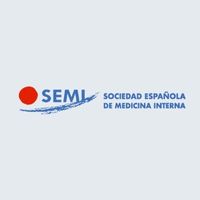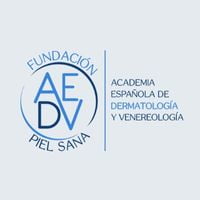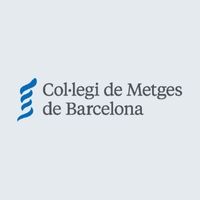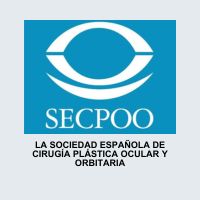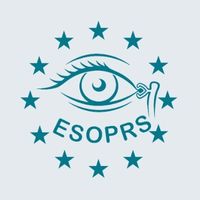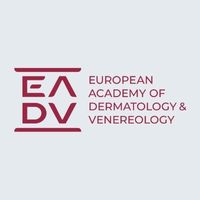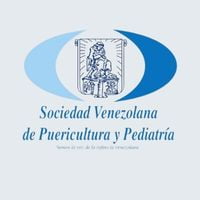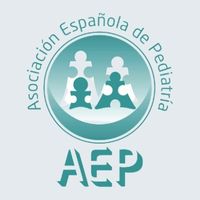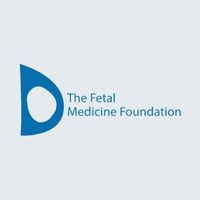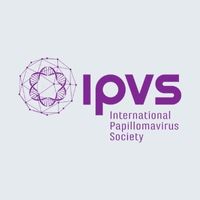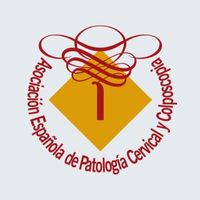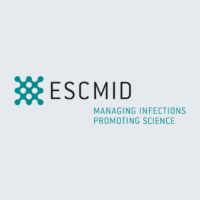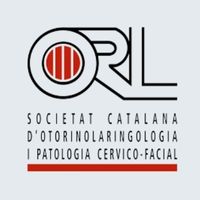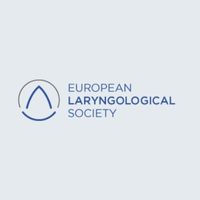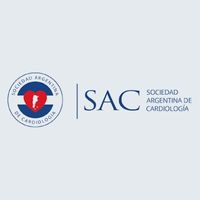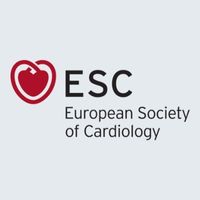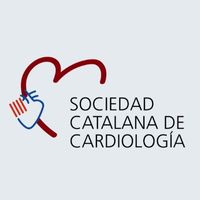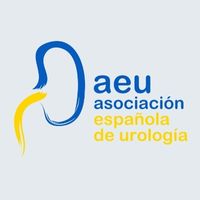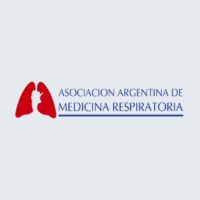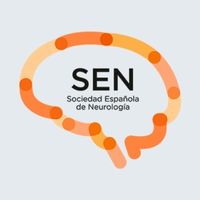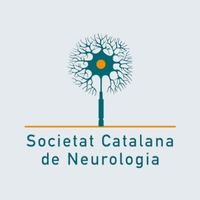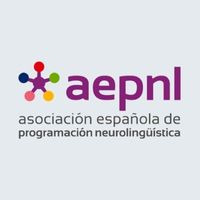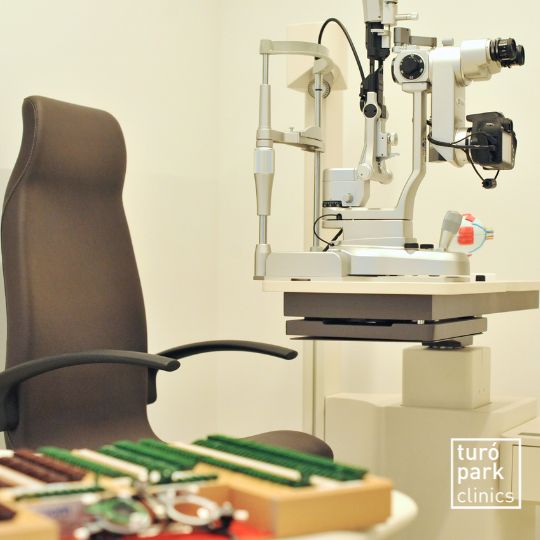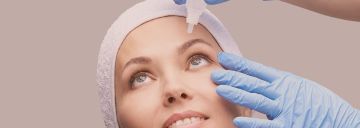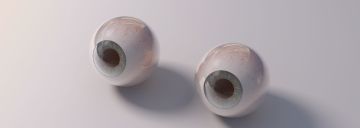Are you looking for an ophthalmologist in Barcelona to check your eyes or to treat a problem with your vision?
The specialists at Turó Park Clinics are available to carry out a comprehensive ophthalmological assessment and propose personalised treatment plans for you whenever you need.
Using equipment that allows us to study your vision and the integrity of the eye's structures, we can detect disorders such as myopia, hyperopia, presbyopia or astigmatism and prescribe different types of treatment such as glasses, lenses or eye surgery.
Whether you want an annual check-up or if you have a specific problem, do not hesitate to make an appointment with one of our doctors.
Fast track your treatment
To book an appointment or speak with one of our friendly team, please get in touch using the options below.
Our ophthalmology services
Ophthalmological examination
Even if you do not have any particular vision problems, it is recommended that you have an eye examination every 2 to 3 years to assess your visual acuity and general health.
Treatment of dry eye
Dry eye is a particularly common ophthalmological condition that causes significant discomfort and sometimes leads to corneal complications or chronic eye irritation.
Management of glaucoma
A chronic eye disease, glaucoma affects 1 to 2% of the population over the age of 40 and about 10% over the age of 70. It is also the second leading cause of blindness in Europe, after Age-related macular degeneration.
Eye prosthesis
The aim of this ocular prosthesis is to restore a natural appearance to the eye and to give the patient a harmonious look and face.
Why consult an ophthalmologist?
Ophthalmologists are specialists in diseases and disorders that can affect the eyes and the quality of vision.
It is important to have your child's eyesight checked regularly from an early age; check-ups should be carried out from the age of 6 months.
It is also advisable to consult an ophthalmologist as soon as possible in the event of irregular blinking, irritated eyes, headaches, visual defects or strong sensitivity to light.
In addition, some diseases affect the integrity and function of the eye. These include, for example:
- diabetes
- high blood pressure
- certain rheumatic diseases
- certain infectious diseases
- or neurological diseases.
Therefore, if you suffer from any of these diseases, it is important to have regular check-ups with your ophthalmologist.
What are the most common eye examinations?
This is a very common test in which the patient is made to read rows of letters on a wall-mounted optotype (Monoyer scale), the last letters of which are Z and U. The rows of letters are different sizes and the patient is asked which is the smallest that they can distinguish.
The row in which the individual can no longer read the letters determines the degree of visual acuity of his eyes.
The direct photomotor reflex test examines the constriction of the illuminated pupil. It highlights any defects in the afferent pathway.
To do this, the light from a pencil lamp is projected onto the bridge of the patient's nose and the beam is observed to reflect from each eye. The light should be reflected at the same level in each eye.
It is an examination of the various ocular media, which is carried out with a biomicroscope or "slit lamp". This examination provides the practitioner with information on the state of the cornea, anterior chamber and lens.
Tonometry is the measurement of intraocular pressure, i.e. the measurement of the pressure inside the eye, which is completely independent of blood pressure. Tonometry is used to detect glaucoma.
This examination is not painful and only lasts less than a minute.
- Corneal topography
- Specular microscopy of corneal endothelial cells
- Simple retinographs with colour filters
- Retinal angiography
- A color vision test
- Amongst others...
What does an ophthalmological consultation in Turó Park Medical Clinic consist of?
During your first visit, your ophthalmologist will need to gain an understanding of your medical history, so the doctor will conduct a short interview to find out about your personal and family background.
Then, they will conduct a clinical examination. This may include a fundus examination, a thorough check of the ocular media, an intraocular pressure test or vision tests. If necessary, he may also prescribe additional examinations or perform surgical procedures such as eyelid surgery or cataract surgery, among others.
See life in colour!
Protect your eyes and avoid eye problems with professional care from Turó Park Clinics.

Our team of English-speaking ophthalmologists
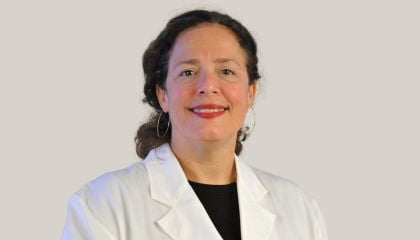
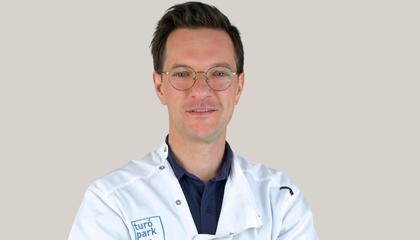
Our answers to the most frequently asked questions about ophthalmology
Orthoptist, Optometrist or Ophthalmologist?
When to schedule a first visit to the ophthalmologist?
What to eat for good eyesight?
Medical societies and organisations
